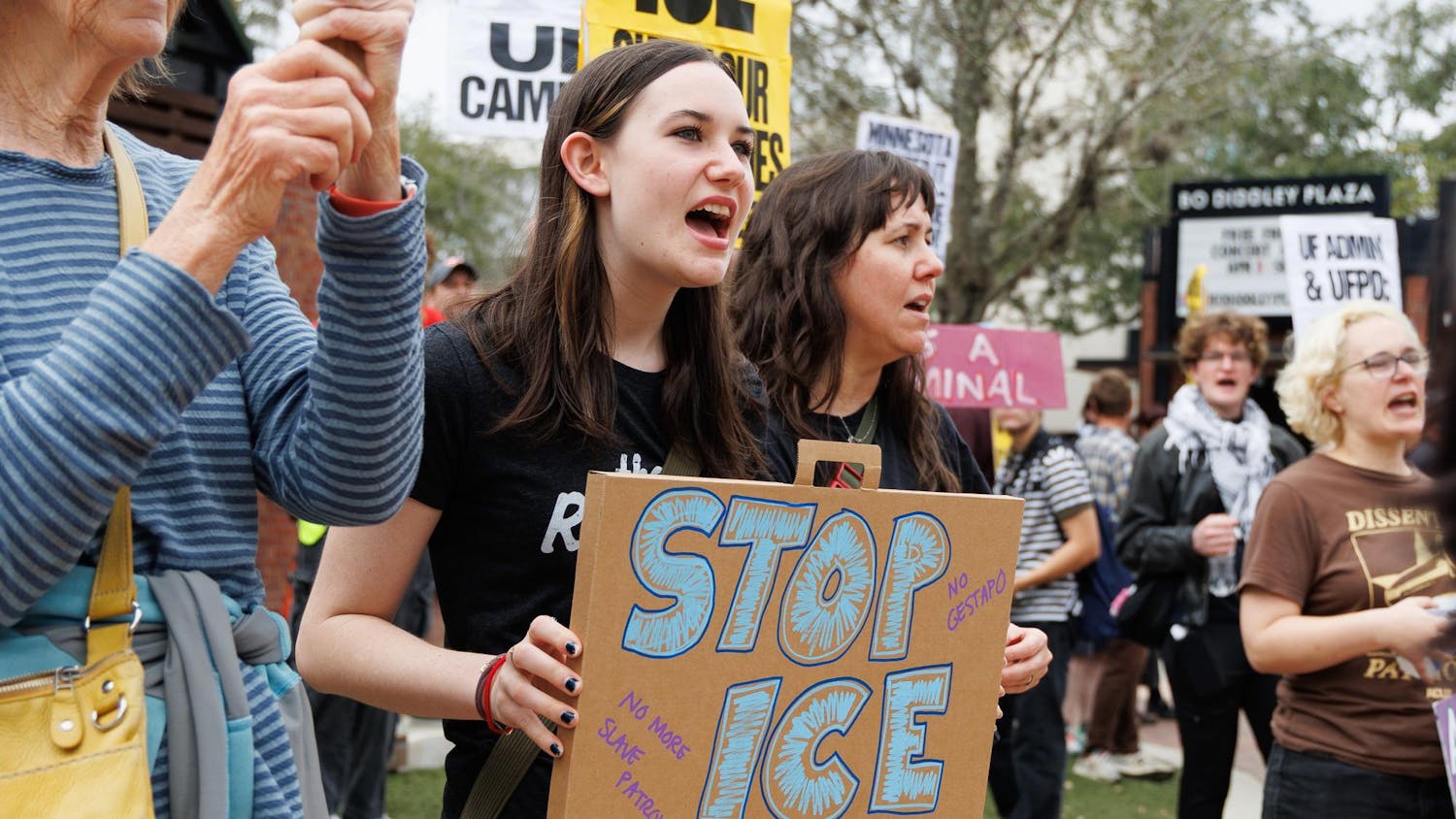"Taxes are the price we pay for civilization." That's what my macroeconomics professor would always say. As profound as it is obvious, this maxim relates a timeless, commonsense principle. But I must admit, it's a principle that I hadn't really thought about in great detail until hearing it in class.
I would venture to guess that most students don't exert much effort thinking about how matters of taxation affect them, both in the present and future. Indeed, probably the furthest thing from most young peoples' minds is the labyrinthine and convoluted tax policy that lawmakers seem to have such an insatiable affinity for codifying.
It's not just that tax policy tends to be complicated and mind-numbingly boring-this is a sentiment shared by a vast majority of citizens, regardless of age. Rather, tax policy fails to elicit concern from many students because it seems about as relevant to their lives as the Articles of Confederation.
However, regardless of whether students deem tax policy as pertinent to them right now, soon such issues will command great concern as we get our first "real job" and purchase our first house. Therefore, students would be wise to consider tax policy in the present, especially when voting.
Tuesday offers such an occasion. Floridians will not only cast ballots for their preferred presidential candidate, but they will also consider an intrinsically inequitable property tax amendment: Amendment 1.
The proposed amendment would perpetuate rather than reform an already-unfair system that is structured to benefit the wealthy and long-time homeowners at the expense of the middle class and first-time buyers.
Amendment 1 seeks to make the tax rate "portable"-that is, to enable homeowners to take their current tax rate with them when they purchase another house. Proponents of the flawed proposal insist that as soon as residents are no longer "locked in" to their current homes by fears of increased property tax rates, they will invest in a new house. The idea is to stimulate the state's economy, especially its struggling housing market.
But the real estate slowdown is not endemic to Florida; it is a nationwide phenomenon largely sparked by the subprime mortgage debacle. As such, it is dubious that Amendment 1 will have any substantial impact on the state's housing woes.
The tax cut is estimated to drain billions from local government coffers over the next five years. If the amendment passes, local governments will either have to increase taxes or cut services-or both-in order to recoup the lost revenue that the passage will incur. This will most likely mean less funding for first responders, parks and recreation, and infrastructure and development.
Gov. Charlie Crist and the special interests he was elected to confront have put their full weight behind Amendment 1. Adroitly employing Orwellian doublespeak, Crist has dubbed his latest cause célèbre the "people's tax cut." Amendment 1 would more aptly be described as the "millionaire's tax cut." Crist's presentation of the proposal has been duplicitous, disingenuous and deceitful.
Crist's crusade to undermine Florida's local governments and further denigrate the state's abysmally funded public school system betrays the ideals upon which his gubernatorial campaign was built. Amendment 1's adoption would be a disastrous blow to Florida's future - that's us.
Think about that when you vote on Tuesday.
Joshua Fredrickson is a political science senior. His column appears on Wednesdays.





